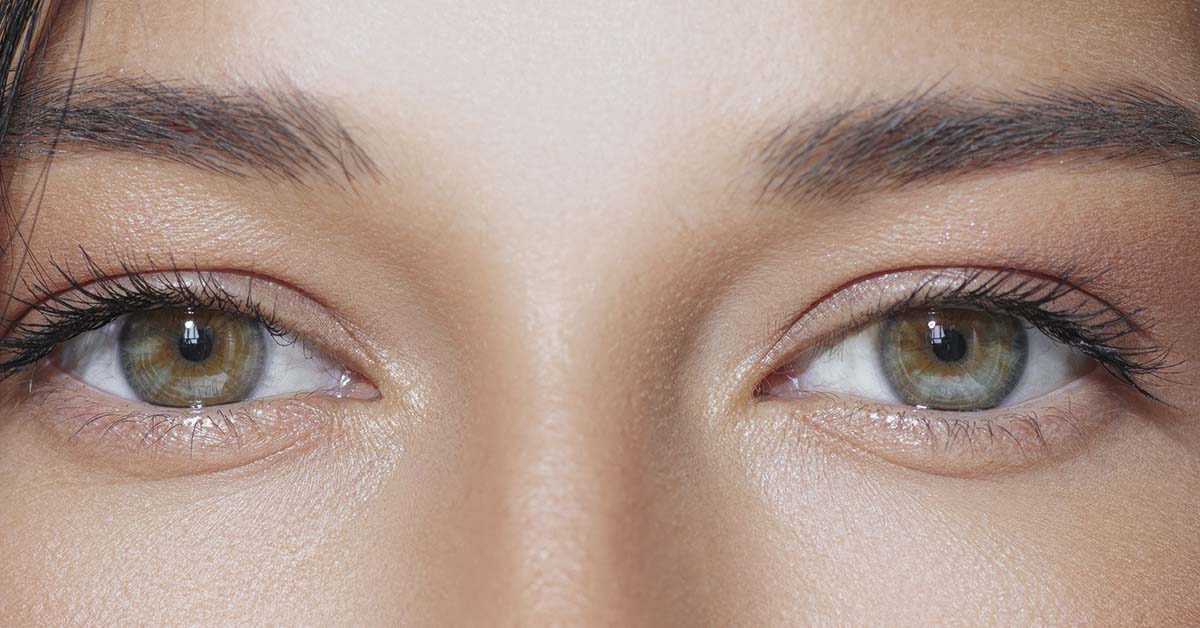Are you aware of the full extent of what your eyes can tell you about your health? It goes beyond actual diseases and conditions of the eyes. In fact, your optometrist can actually detect a few very serious conditions by examining your eyes. This includes diabetes and even some cancers. Understanding the manifestations of these diseases in the eyes can aid in their early detection and timely intervention, giving you time to take action and mitigate their impact on your health.
What Your Eyes Tell You About Your Health
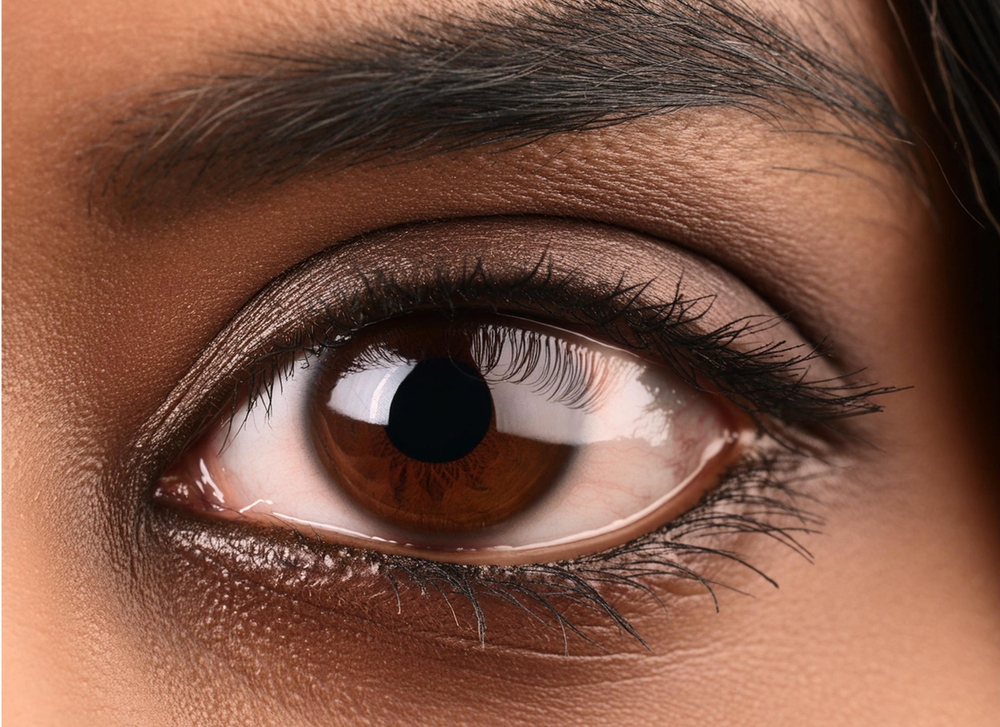
They say the eyes are the windows to the soul, but as it turns out, to your health as well. While you, yourself, may not be able to see the different health indicators in the eyes, your eye doctor can. In addition to assessing eye-related conditions, comprehensive eyes exams have the potential to uncover signs of various illnesses. These include brain tumors and other types of cancer, as well as diabetes. It is important to have your eyes checked at least every two years, though preferably annually, to ensure that the signs and symptoms of disease don’t go missed.
Eye Exam Diabetes Detection
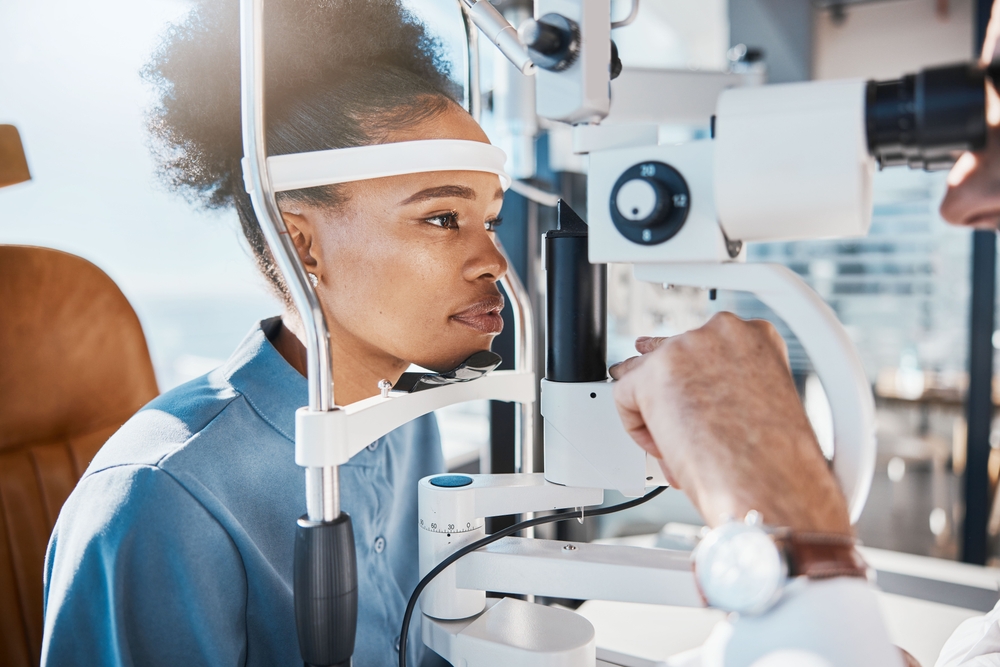
One of the symptoms of diabetes is diabetic retinopathy. This is a diabetes-related complication that affects the eyes. It is caused by damage to the blood vessels of the retina, which can result in vision problems and, if left untreated, lead to blindness. This condition can develop in individuals with either type 1 or type 2 diabetes. Its likelihood of happening increases over time and particularly with poor control of blood sugar levels.
Symptoms and Indications
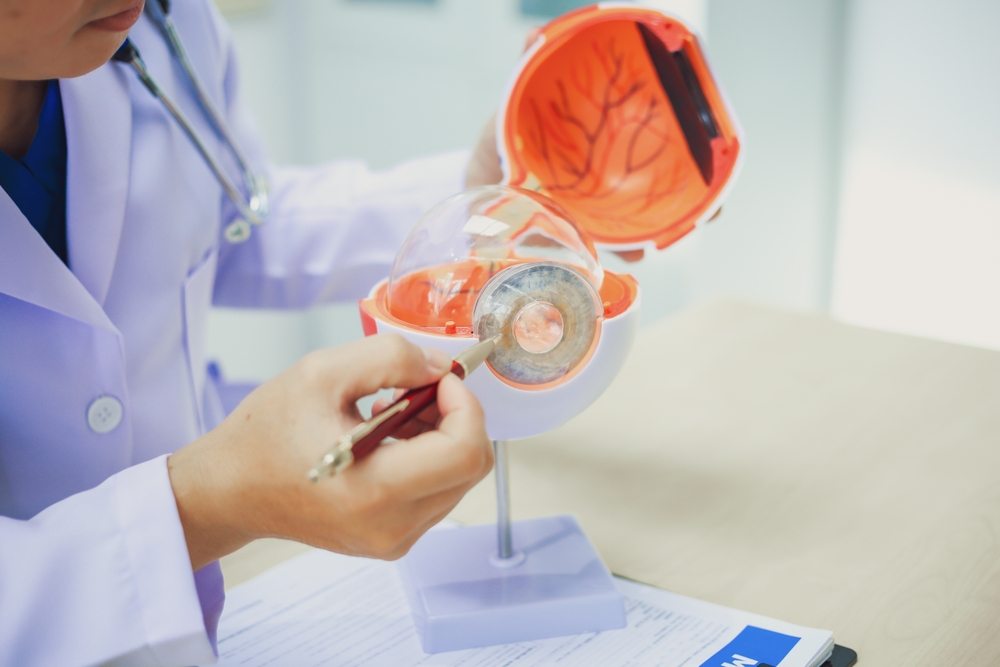
In the early stages, diabetic retinopathy may not present any noticeable symptoms. As the condition progresses, however, certain signs will start to show up. These include:
- Floaters or dark strings in the vision
- Blurred or fluctuating vision
- Dark or empty areas in the vision
- Vision loss
Examination and Diagnosis
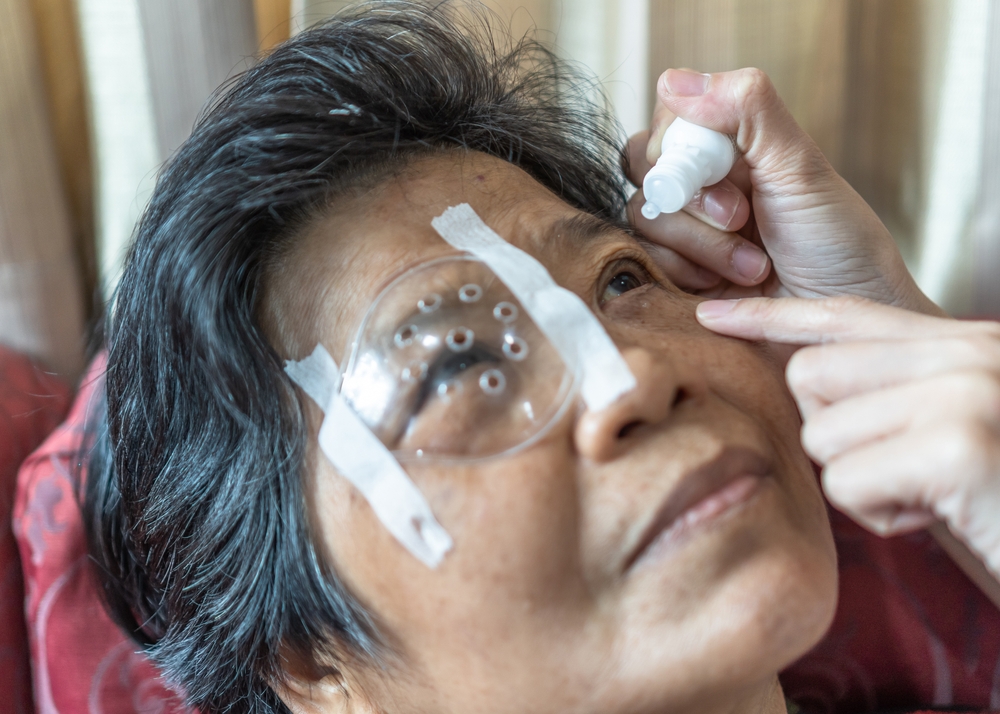
Your eye doctor can detect this through regular eye exams, including dilation. If you have diabetes, this will be something that your optometrist will be looking for each time you come in for a check-up. Through a comprehensive eye exam, doctors can assess the health of the retina, identify signs of diabetic retinopathy, and intervene early to prevent permanent vision loss.
Eye Health and Cancer
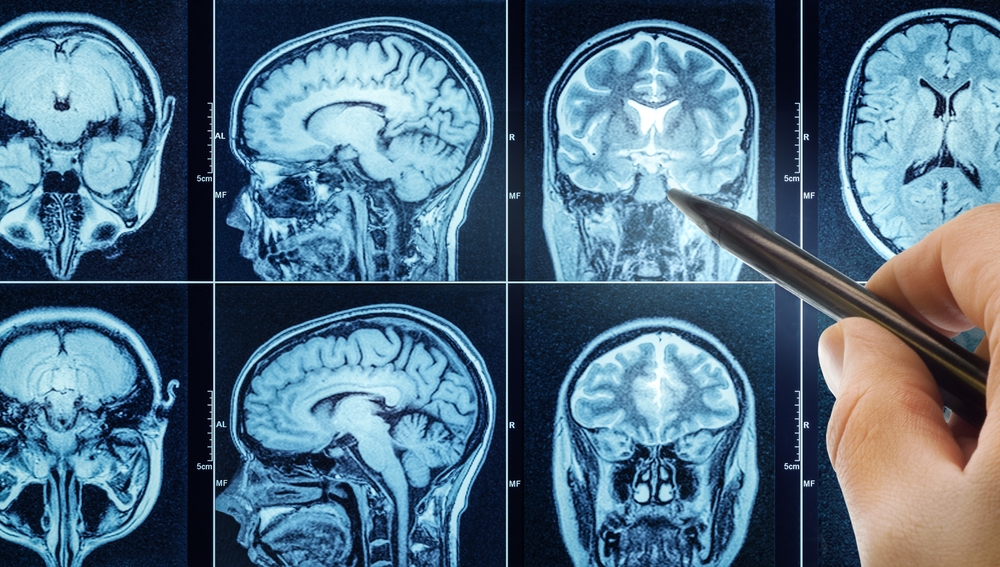
Your eye doctor will be able to pick out the signs of cancers related to the eyes in a regular exam. This can be ocular melanoma, for example, or other eye-related cancers. In addition, they may be able to notice the signs of a brain tumor, even before your regular doctor can. Brain tumors can cause increased pressure in the brain, which can lead to changes or damage to the optic nerve. Optometrists are trained to identify these changes in the eyes, which can signal the presence of a brain tumor. They can also detect aneurysms and other conditions that will similarly affect the eyes.
Cancer Eye Symptoms

There are a number of changes that may signify cancer that can be seen in your eyes. These include the appearance of dark spots, bulges, or abnormal blood vessels. All of these can be symptoms of ocular melanoma. In addition, the presence of abnormal growths or lesions can be a signal of intraocular cancer. If your optometrist sees any of these and suspects cancer, they will likely refer your for further investigation.
Read More: Causes of Pain Behind Your Eyes & How to Make it Stop
Identifying Other Systemic Diseases

Beyond diabetes and cancer, optometrists can also detect signs of other health conditions. These include high blood pressure, high cholesterol, multiple sclerosis, lupus, and rheumatoid arthritis, among others. Much of these are detectable via irregularities in retinal blood vessels. You likely won’t be able to see these on your own, but your eye doctor can during an eye exam. These exams are incredibly important, not only for preserving vision but also for uncovering potential systemic health concerns.
Importance of Early Detection
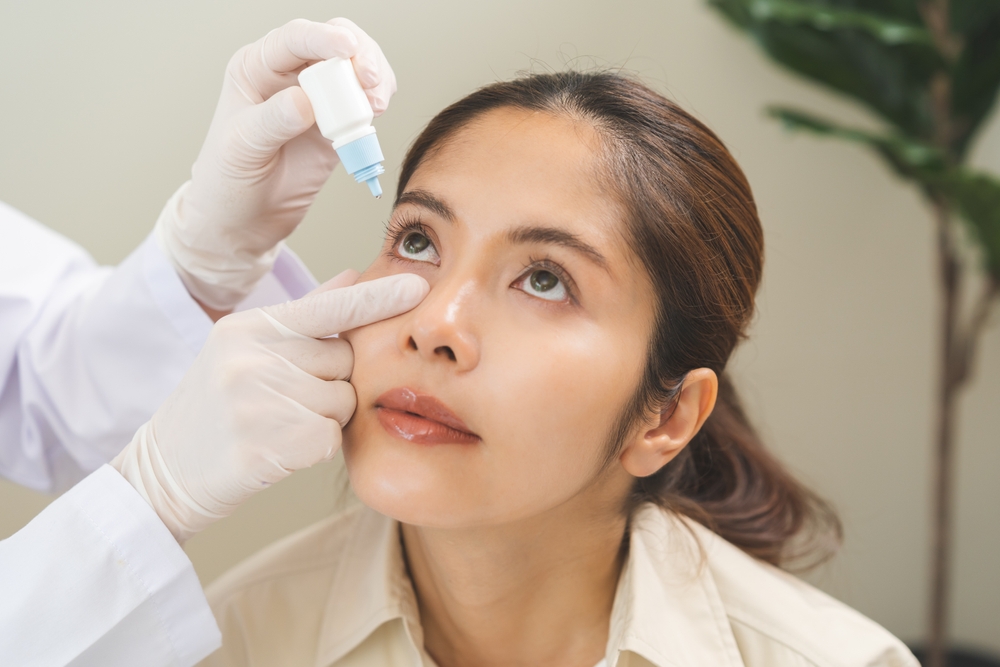
Early detection of ocular melanoma and other intraocular cancers is critical for initiating appropriate treatment and maximizing the chances of a positive outcome. By recognizing the signs of these diseases in the eyes, doctors can promptly refer patients for further evaluation and targeted interventions. Again, this is why visiting your doctor semi-annually or annually is an important step towards safeguarding your health.
The Bottom Line
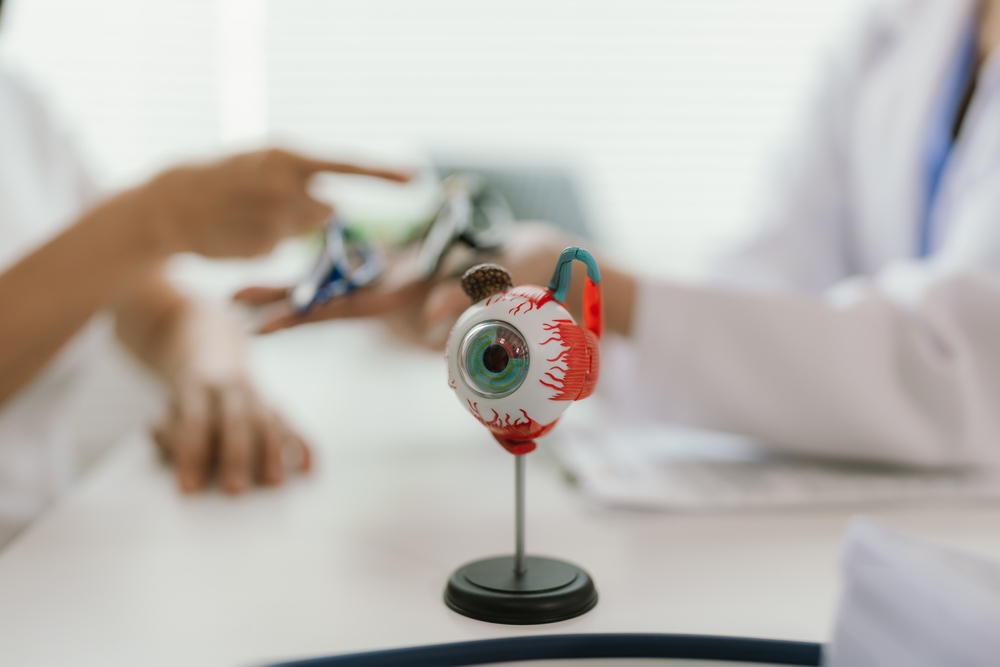
The eyes are windows to your health – and know you understand how. They offer valuable clues about systemic diseases such as diabetes, cancer, and even brain tumors. Through regular eye exams and diligence in observing changes in vision, individuals and healthcare providers can work collaboratively to detect these conditions early. This early detection can potentially prevent the development of severe health complications and preserve your vision. The lesson in all of this? Don’t skip your routine eye exams – they not only will save your eyes, but they could save your life.
Read More: This Subtle Clue in Your Eyes Could Be an Early Warning for Dementia
